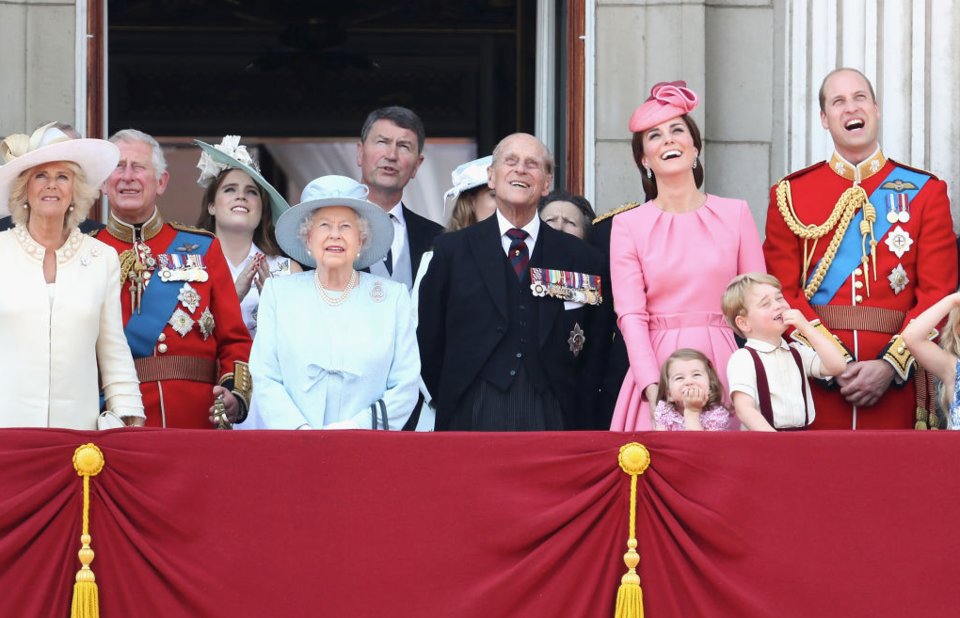
- Kate Fox, a social anthropologist, uncovers the words high society individuals could never use in her book.
- “Viewing The English: The Hidden Rules of English Behavior” clarifies what they would use.
Language is a minefield, and everyday habits can be an instant giveaway, revealing the speaker’s social class. That’s according to Kate Fox, a social anthropologist who picked out terms that a true upper-class Brit or royal would never use.
Her 2004 book, “Watching The English: The Hidden Rules of English Behaviour,” revealed what they would say instead. Scroll down if you’d like to know how to sound like a royal, or at least how not to sound like a “commoner.”
serviette
If you think the use of the French word “serviette” will elevate your social status in upper-class circles, then you’re wrong, sorry. You should instead keep it simple, Fox explains, and say “napkin.”
sweet, afters, dessert
The course at the end of the meal is “pudding” for royals and the upper class. The terms “sweet,” “afters,” or “dessert” are all deemed unacceptable, she wrote. (Side note: Some very posh people shorten the word to “pud.”)
posh
And on that note, a true upper-class person would actually never refer to someone well to do as “posh” — unless they were being ironic. Instead, they would say he or she is “smart.”
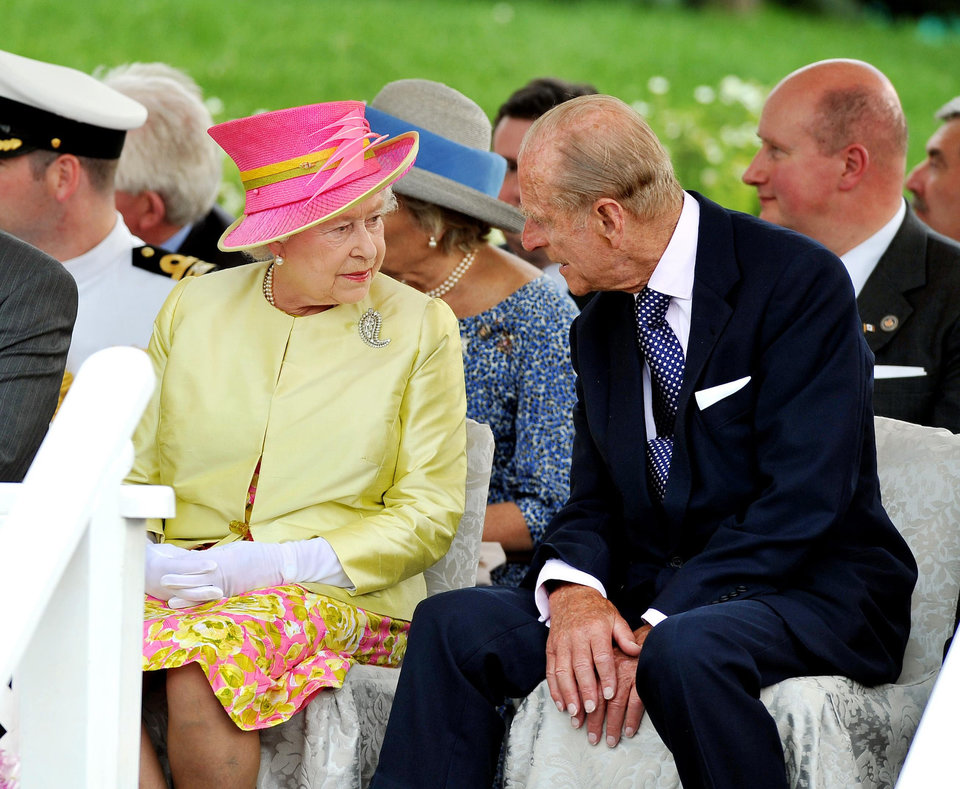
pardon
You’d be forgiven for thinking you sound polite and well mannered using the word “pardon” when you don’t quite catch what someone has said but not so fast.
According to Fox’s book the word “pardon” is actually a “pet hate” of the upper classes. You should instead say “Sorry?” or “Sorry, what?,” or even “What, sorry?”
toilet
Apparently the word “toilet” would make a truly upper-class person flinch. The correct term is “loo” or “lavatory.” If you’re purposely being funny, say “bog,” but, again, it must be absolutely clear that you’re being ironic.
portions
Nope, you don’t eat a “portion” of food, but a “helping.”
perfume
It’s “scent.”
mum (mom) and dad
Only “commoners” would refer to their parents in this way, instead really “smart” children both as kids and adults will say “Mummy” and “Daddy,” and when you’re talking about them it’s “Mother” and “Father.”
Prince Charles, 69, reportedly still calls the Queen “Mummy.”
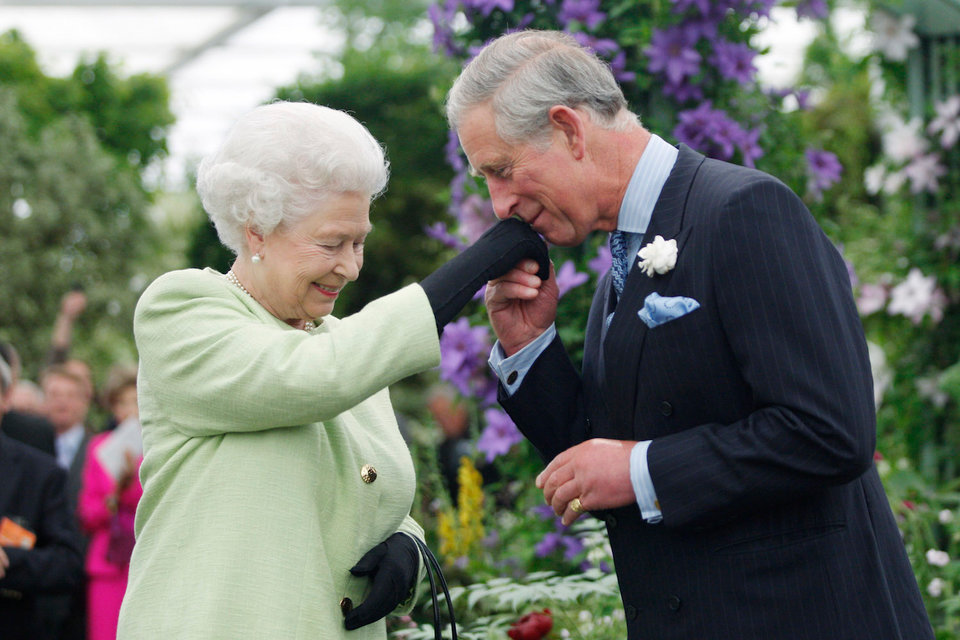
function
The word “function” may sometimes be adopted by the middle classes, Fox says. Royals, on the other hand, would only ever go to a “party.”
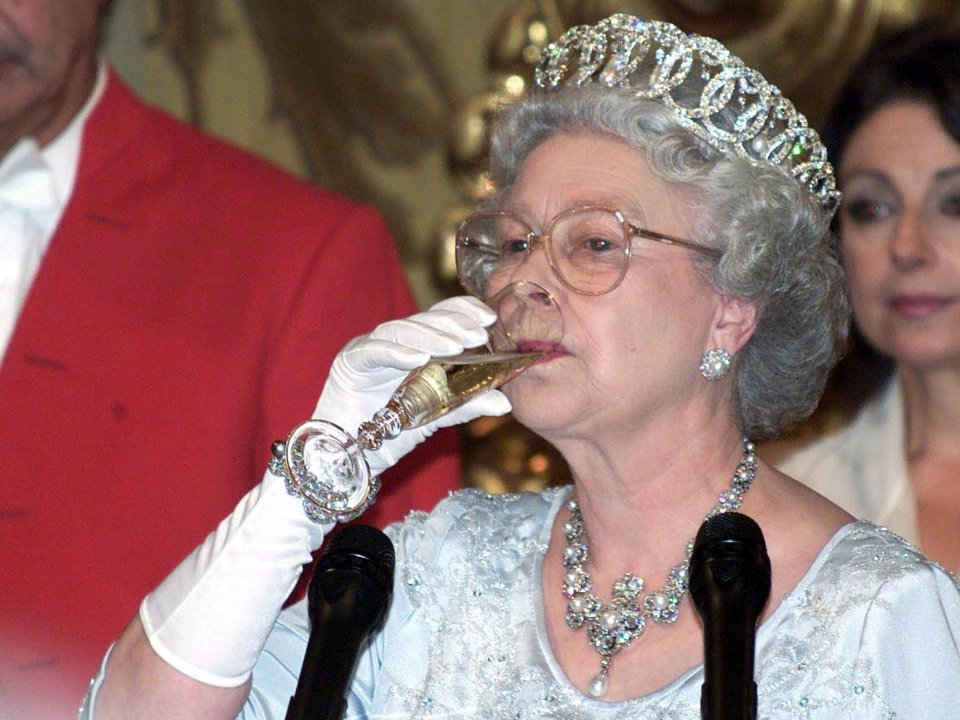
refreshments
And at the “party,” “food and drink” would be served, never “refreshments.”
tea or dinner
This is a complicated one, but, put simply, upper classes would never, ever refer to lunch as “dinner,” or use the word “tea” to describe their evening meal.
Dinner is used to refer to a “grander” evening meal, while supper is something a little more low-key.
Meanwhile “tea” refers to the combination of tea, cakes, scones (strictly pronounced with a short “o,” Fox says), finger sandwiches (pronounced “san-widges” and NOT “sand-witches”), served in the afternoon.
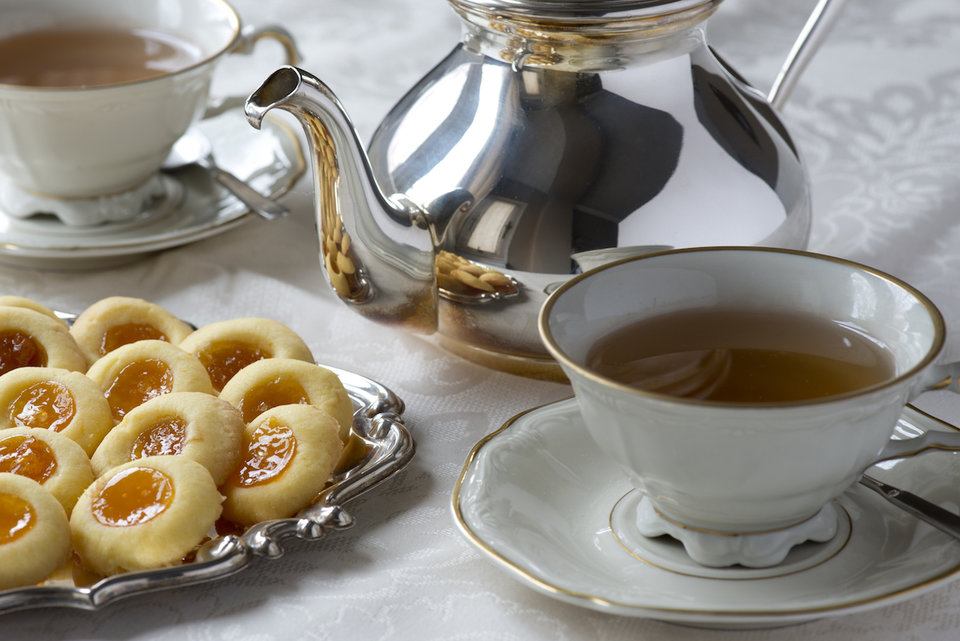
lounge or living room
Finally, for royals the room where your sofa goes is either the “drawing room” or “sitting room,” though these days the former is considered a tad pretentious as it carries with it connotations of grandeur, so “sitting room” is more commonly used.
Original article by Rosie Fitzmaurice